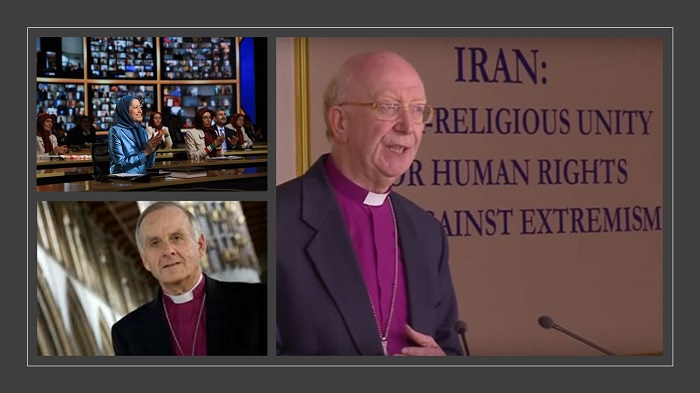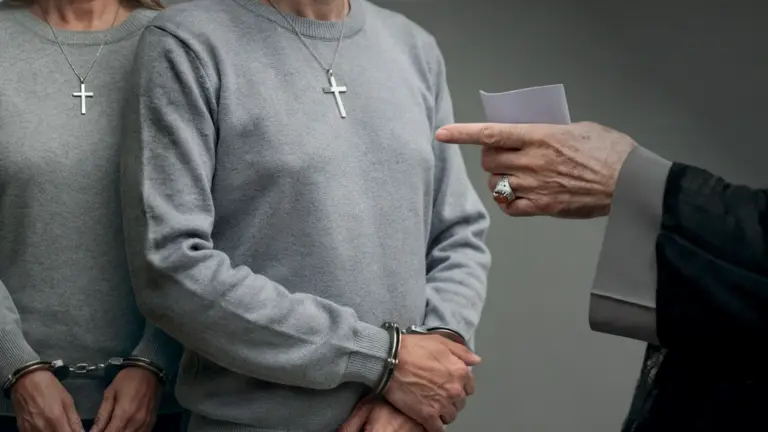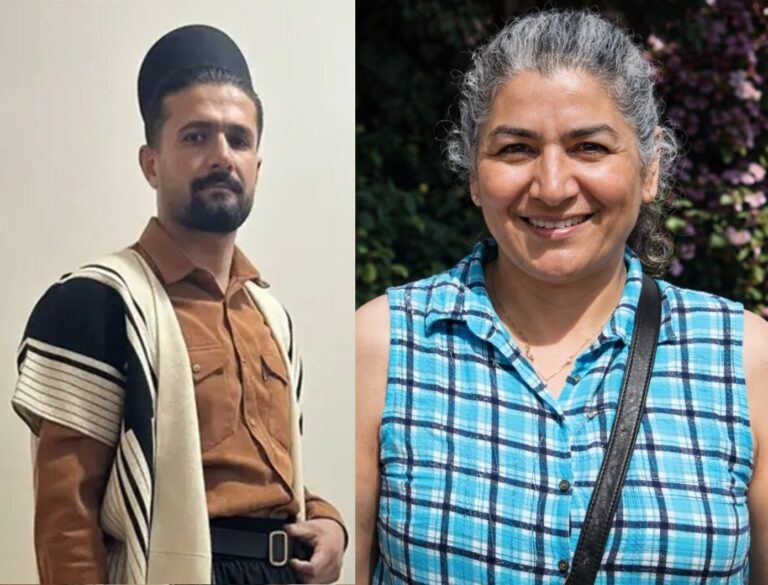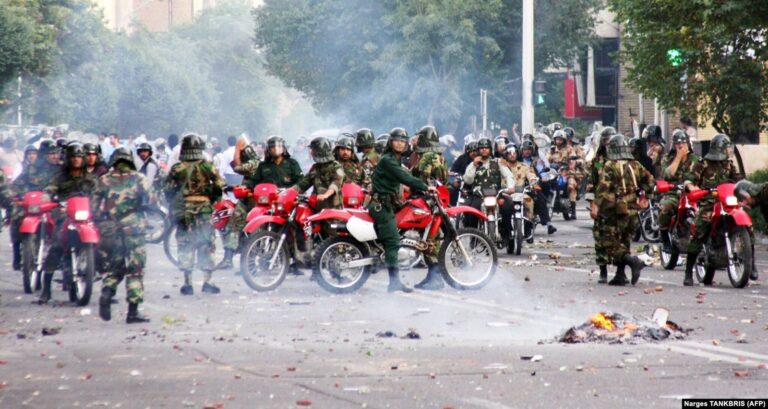
Senior Iranian church leaders have strongly refuted the claims of a group of UK Anglican bishops that Christians in Iran are supporters of a controversial opposition group.
In an article last month for the ‘Church Times’, the former Archbishop of Wales, Barry Morgan, said he had “no doubt” that Christians in Iran had joined UK bishops in participating in a live-streamed event put on by the NCRI, because Iran’s Christians and the NCRI had been “fighting for the same cause throughout the history of the Islamic Republic”.
However, speaking to Article18, a host of senior figures within the Iranian Christian diaspora were unanimous in their unequivocal rejection of the claims.
Rev Edward Hovsepian, former superintendent of the Assemblies of God denomination in Iran and now superintendent of the Council of United Iranian Churches (Hamgaam) in Europe, called the claims “incorrect and irresponsible”.
“House-churches in Iran have always protested against the persecution they have been subjected to, but in our purposes and our spiritual activities, we have always remained independent of any government, political party or group,” he said, “and we oppose this hijacking of the Iranian Church’s voice and status.”
These sentiments were echoed by Rev Dr Mehrdad Fatehi, executive director of the London-based Pars Theological Centre, which provides resources for the training of Christian leaders in Iran.
“We as a Church are simply called to affirm and advocate biblical truth wherever it is found, and to protest against injustice wherever it is practised,” he said, “whether within the Iranian government or in any other political or non-political group.
“The Church should remain a prophetic voice, critical of everything that is ungodly and affirming anything in which it sees the image of God. As such, we cannot align ourselves or identify fully with any specific party or political vision.”
Author Mark Bradley, whose books include ‘Iran and Christianity: Historical Identity and Present Relevance’ and ‘Too Many to Jail: The Story of Iran’s New Christians’, told Article18: “Bishop Morgan asserted that the Iranian Christians supported the same cause as the PMOI. The cause of the NCRI and the cause of Christians in Iran are a million miles apart. The NCRI want to engage in a war for a political purpose; the Christians in Iran live for Jesus Christ, which means bearing witness to Christ’s love and serving their fellow man in peace.”
The director of missionary organisation Elam Ministries, David Yeghnazar, told Article18 it was “vitally important to underscore that the Iranian Church is not aligned in any way with any political movement in Iran”.
He added: “The idea that the Iranian Church is supporting or partnering with any political group is false.”
Rev Omid Moludy, an Anglican priest in charge of cultural diversity for the diocese of Manchester, in northwest England, told Article18 he had been “very disappointed to see senior UK bishops choosing to speak out on behalf of Iranian Christians in this manner.
“Whether we’re talking about the NCRI, which has a long history of radical ideology, or any other political party – be they good or bad – it is not for the Church, or Christians in general, to endorse any political party, be they a Christian democratic party, or any other group with different ideologies.”
And Rev Lazarus Yeghnazar, president and founder of missionary organisation 222 Ministries International, told Article18 he found it “extremely alarming” to see a group of UK bishops “aligning the ‘Iranian Resistance Movement’ [NCRI] with the Christ-centred house-church movement, which does not have any political ambition but prays to see a spiritual transformation in Iran, where people of all faiths can live in peace and harmony, free to practise their faith”.
Meanwhile, Bishop Guli Francis-Dehqani, daughter of the first ethnic Iranian Anglican bishop, shared a response to the ‘Church Times’ article on Twitter, which she called an “important corrective”.
Article18’s advocacy director, Mansour Borji, warned that the bishops’ endorsement played into the rhetoric of the Iranian regime.
“Iran on the one hand has been trying to use some church officials inside the country to lend their support to the Islamic Republic’s political agenda, while at the same time politicising the peaceful Christian activities of the underground house-church movement by associating their activities with ‘Western powers’ or their intelligence services,” he said.
“The Iranian regime continues to see Christian activities as ultimately undermining their authority, but none of the many cases that we have documented of Christians being persecuted because of their Christian activities have had anything to do with any political motivations.”



0 Comments